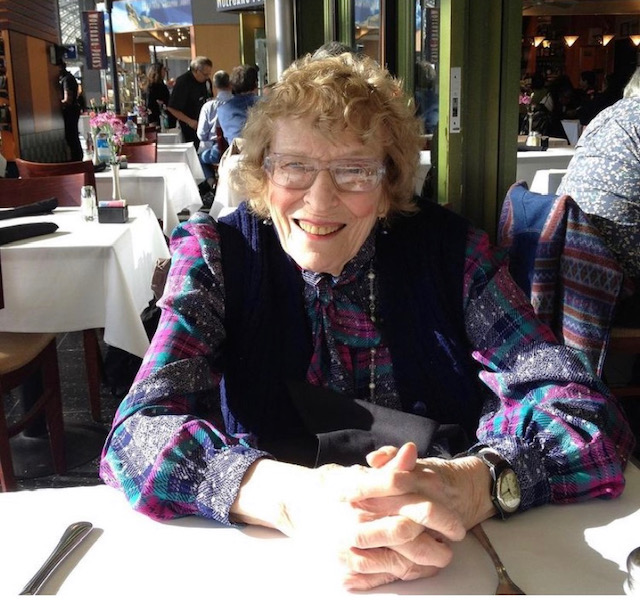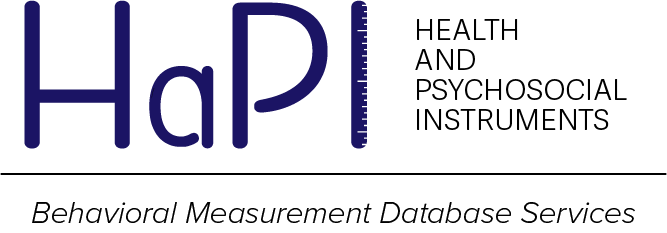The Health and Psychosocial Instruments (HaPI) database has been providing comprehensive, accurate information about measurement tools in a variety of disciplines and professions, including psychology, medicine, nursing, public health, social work, communication, sociology, and organizational behavior/human resources for nearly four decades. By providing this information, we at Behavioral Database Measurement Services (BMDS) hope to help researchers and practitioners find and identify measurement instruments most relevant to their investigations and evaluations. Our primary objective is to promote the sharing of knowledge about measurement tools across disciplines, with the ultimate goal of helping researchers to enhance the quality, reliability, and validity of their measurement techniques.
Today, with over 240,000+ records and with more than 5,000 new records added annually, HaPI is proud to serve numerous subscribers at universities, medical schools, hospital systems, VA and government agencies, and research organizations worldwide.
Scroll down to see our timeline.
About HaPI
About Us
History
Timeline

